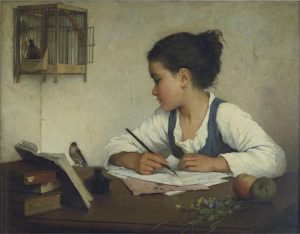There’s an ongoing narrative that the only people who truly understand modern tech are the young. “They grew up with it,” people say. “They’re digital natives.”
They’ve been saying that for a long time now and it has been applied to every new-fangled invention, not just computers or smartphones. I mean, it was a thing with VCRs back when folks were still deciding between VHS and Betamax.
While I’m sure some kid whose mom stuck an iPad or smartphone in their hands to keep them occupied so she could have some peace and quiet is faster than I am at figuring out how new tech works, I don’t think this means they are more suited for making decisions about where tech is going.
The folks you really need to ask about digital tech are us Boomer and Gen-X types who dove into it when personal computers first showed up on the scene, plus the Millennials who came along shortly afterwards when computers were being used everywhere.
I got my first computer in 1983, which is more than 40 years ago. And I’ve been online since the mid-1990s, which is getting close to 30 years ago.
I’m not a techie and getting my Kaypro II was the last time I came anywhere close to being an early adopter. But I’ve been dealing with this stuff for more than half my life.
I watched the Internet become something back in the day when everyone was asking “but how will we make money out of it?” Then I watched the capitalists take over Silicon Valley. Now I’m watching the enshittification process.
Which is to say that I saw the genuine creative process that made the early years of the internet so exciting and now I’m seeing how that can be destroyed. Continue reading “Listen to Old People About Tech”…

 screaming, into the world of social media, into getting my first stupidphone, and later into video chatting (during her years of medical school on the other side of the country). Now these technologies are part of my everyday and work life. They’ve saved my sanity during the pandemic.
screaming, into the world of social media, into getting my first stupidphone, and later into video chatting (during her years of medical school on the other side of the country). Now these technologies are part of my everyday and work life. They’ve saved my sanity during the pandemic.